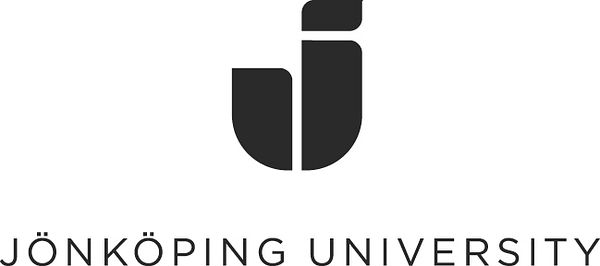
Press release -
Stress affects the immune system
In a new PhD thesis from the School of Health and Welfare at Jönköping University, Emma Carlsson examines how both psychological stress and physical activity affects young people's immune systems.
Over the last decade, diabetes type 1 and 2 have increased at an alarming rate. Type 1 diabetes is a so-called autoimmune disease, in which the immune system attacks the insulin-producing cells in the pancreas, which leads to the body being unable to produce insulin on its own.
The reason why some develop type 1 diabetes is still largely unknown, but evidence suggests that environmental factors may be contributing. Emma Carlsson's dissertation examines from an interdisciplinary perspective how biological, psychological and social factors affect the immune system, to try to understand the process behind the development of type 1 diabetes.
Emma Carlsson has conducted four different studies, where she looked at how psychological stress, as well as different levels of physical activity, affects the immune system in healthy children between 5 and 6 years old, and how endurance exercise affects the immune system of young people between 13 and 19 years. She also examined the relationship between psychological stress in different stages of life and the immune system in women between 18 and 22 years.
She discovered that children exposed to psychological stress in the family had elevated levels of the stress hormone cortisol, as well as an increased activity in the part of the immune system that has in previous research been associated with type 1 diabetes. In young women, she could see that those who are exposed to psychological stress, both as children and later in life, had an increase of the type of immune cells that help to eliminate virus-infected cells and cancer cells, but fewer of the immune cells that play an important role in preventing the occurrence of autoimmune diseases. The results also showed that a high level of physical activity has a protective effect on children, but that boys and young teens who participated in endurance training showed increased activity in the part of the immune system associated with type 1 diabetes.
Emma Carlsson's dissertation thus shows that psychological and physical factors clearly affect the immune system in young people, and are important factors to consider in future research to identify what causes type 1 diabetes.
“The is a need for continued interdisciplinary research, which studies larger groups, to further investigate the psychological and physical factors affect the immune system. By studying biological, psychological and social factors, science will be able to contribute even more knowledge about the underlying causes of the onset of immunological disorders”, says Emma Carlsson.
Related links
Topics
Categories
Jönköping University Foundation is one of three independent institutions of higher education in Sweden offering postgraduate programmes. It is characterised by focused profiles, internationalisation, an entrepreneurial spirit and collaboration with surrounding society. Research and education are carried out at four schools: Jönköping International Business School, School of Education and Communication, School of Engineering and School of Health and Welfare. Jönköping University has some 10,000 registered students, 725 employees and a turnover of approximately SEK 800 million.
